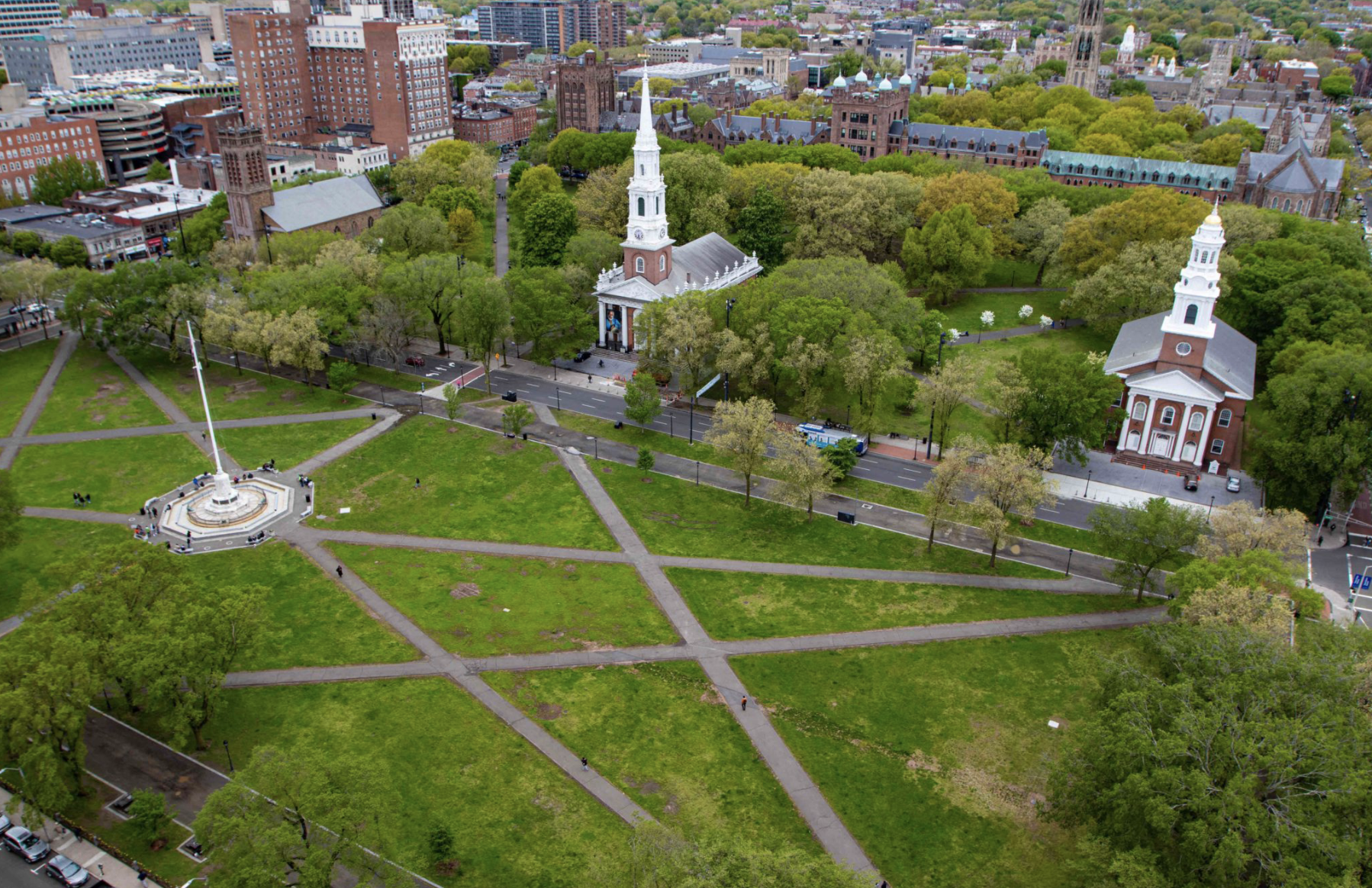Local organizations host event on zoning laws’ environmental effects
Experts discussed the environmental impacts of zoning in Connecticut on a Zoom panel.

James Larson, Photo Editor
Two local organizations, Desegregate Connecticut and Save the Sound, on Monday hosted an educational event on how zoning laws affect the environment, and how to reduce the city’s carbon footprint through municipal planning and management.
The Zoom panel featured four environmental and policy experts. Desegregate Connecticut founder Sara Bronin said that the premise of the event was that “land-use policy is climate policy.” The panelists focused on approachably explaining the effects of zoning on citizens, conservation and pollution.
“I think that’s really an important task for all of us as advocates,” panelist Matthew Lewis explained. “It’s helping people see the relevance to them.”
Desegregate Connecticut is a coalition of state residents and nearly 80 nonprofit organizations working to improve land-use laws across the state.
Matthew Lewis works as director of communications at California YIMBY, a non-profit organization with around 85,000 members. The organization works to advance state-wide legislative reform in California on issues including public education.
Lewis said that California YIMBY is striving to make technical and arcane topics more accessible to its members. He discussed furthering educational programs to help people understand the connection between land use regulation and their own lives, before playing a video for the audience.
The short, animated video explained how restrictive zoning in California has created an affordable housing crisis, forcing residents to live far away from their jobs. This increases commute times and, therefore, increases air pollution, contributing to the climate crisis.
Lewis pointed out that personal vehicles are the largest source of carbon pollution in the United States. Connecticut, like California, has restrictive zoning laws putting emphasis on single-unit housing and sprawl that increases those commute times and pollution.
“I really appreciate thematically this movement of looking at things from a California to a national perspective, and these shared struggles in communities across the United States,” said Alyssa Norwood, a panelist and program manager at Sustainable CT.
Norwood shared the Sustainable CT slogan, “local action, statewide impact,” saying that it showed how local zoning has such a broad ripple effect allowing for recognition of our “interconnectedness.”
Norwood discussed zoning through the lens of her public health background. She spoke on how the history of zoning was grounded in the idea of unhealthy, polluting industrial zones needing to be separate from residential areas, and that ironically we have “zoned ourselves back into a state of unhealthiness” because the laws were rooted in a context different from the modern world.
David Anderson, another panelist and land campaigns manager for Save The Sound — a statewide environmental group focused on preserving local bodies of water — also discussed the impacts of sprawl. He emphasized the pollution caused by sprawl, including the pollution of stormwater runoff on paved surfaces.
Anderson focused on the preservation of open space. He discussed the ecological, economic and health benefits of open space. He explained that the goal for Connecticut’s open land acquisition is called “the Green Plan,” which aims to preserve 21 percent of the state’s land area as open space by 2023. The organization has fought extensive legal battles to preserve this open space in Connecticut.
“These battles are lengthy, complicated and costly,” Anderson said. “The cost of conservation is driven higher by the proposed cost of the development. And the pace of conservation is much slower than the pace of development, resulting in the loss of open space.”
The discussion between the panelists focused on the slow process of conservation, anti-sprawl development and advocacy actions. Specific policy ideas, like “the carrot approach” of encouraging transit-oriented and infill development, fees and bans on open space sprawl development, were also discussed.
“A multi-pronged approach is necessary,” Anderson said. “I don’t think the carrot approach alone will solve this problem.”
Save the Sound is a member of the Desegregate Connecticut coalition.







